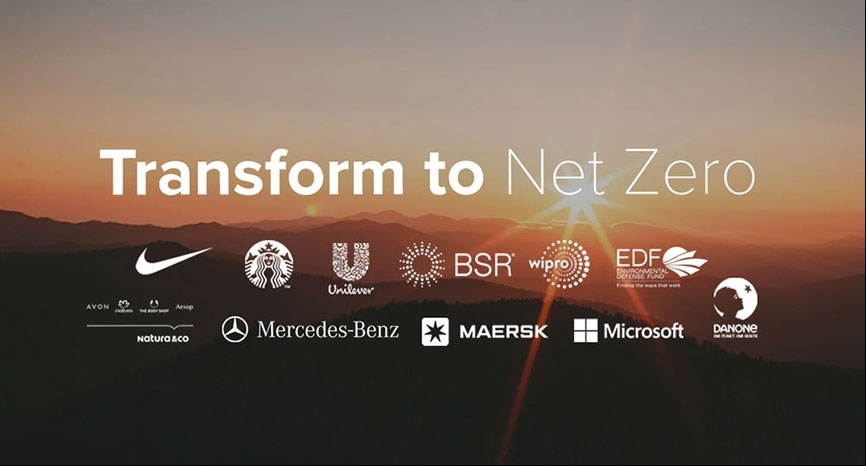Maersk is among 9 companies to introduce Transform to Net Zero
A P Moller–Maersk is among the nine global companies to launch a new initiative to accelerate the transition to a net zero global economy.

July 22, 2020: A P Moller–Maersk is among the nine global companies to launch a new initiative to accelerate the transition to a net zero global economy.
The initiative, known as Transform to Net Zero, intends to develop and deliver research, guidance, and implementable roadmaps to enable all businesses to achieve net zero emissions. The initiative is committed to leading by example, charting the course for other businesses to follow.
“To contribute to the Paris agreement’s goal, we announced our ambition of having net-zero Co2 emissions by 2050 back in 2018. Since then we have taken several concrete actions to decarbonise the industry. The overall target of keeping global warming below 1.5 degrees can only be reached through strong alliances across sectors and businesses,” said Søren Skou, CEO of the Denmark-headquartered integrated container logistics company, who is committed to a carbon-neutral future of transport and logistics.
The other founding members in this initiative include Danone, Mercedes-Benz AG, Microsoft, Natura, NIKE, Starbucks, Unilever, and Wipro, as well as Environmental Defense Fund (EDF), a non-profit organisation. The initiative is supported by BSR, which is serving as the secretariat for the initiative. BSR is a global non-profit business network and consultancy dedicated to sustainability.
“We need to move from ambition to action, from inspiration to implementation, and take a pragmatic approach to transformation if we are to deliver what is needed now,” declares the Transform to Net Zero manifesto.
The nine founding members of the initiative are leaders of some of the world’s largest companies. They have a combined annual revenue of $500 billion and assets worth $800 billion.
Transform to Net Zero will focus on enabling the business transformation needed to achieve net zero emissions no later than 2050, in addition to driving broader change with a focus on policy, innovation, and finance. The outputs of the initiative will be widely available to all, though additional companies may join. The initiative intends to complete the outputs of this work by 2025.
The warning from the scientific community is very clear that the global greenhouse gas emissions must be halved this decade to limit global warming to below 1.5°C. The world is off track to deliver these emissions reductions, and transformation at scale is needed to keep 1.5°C within reach. Businesses have a key role to play and while much has been done, it is essential that many more companies rapidly accelerate their progress toward net zero emissions.
To help reach net zero global emissions no later than 2050, the initiative is advocating businesses to accelerate their actions by converting commitments into action and transforming business operations, supply chains, and products and services.
While countries continue to make progress on their individual national commitments under the Paris Climate Agreement, industries have the power to mobilise large-scale emissions reductions. As an example, the International Maritime Organization (IMO) announced in April 2018 that the shipping sector would aim to halve its emissions by 2050 against 2008 levels.
The “IMO 2020” mandates that from 1 January 2020 the global upper limit on the sulphur content of ships' fuel oil should be reduced to 0.50 percent (from 3.50 percent). The reduced limit is mandatory for all ships operating outside certain designated Emission Control Areas, where the limit is already 0.10 percent. This global regulation will substantially reduce harmful sulphur oxide (SOx) emissions from ships, bringing significant benefits for both human health and the environment.

